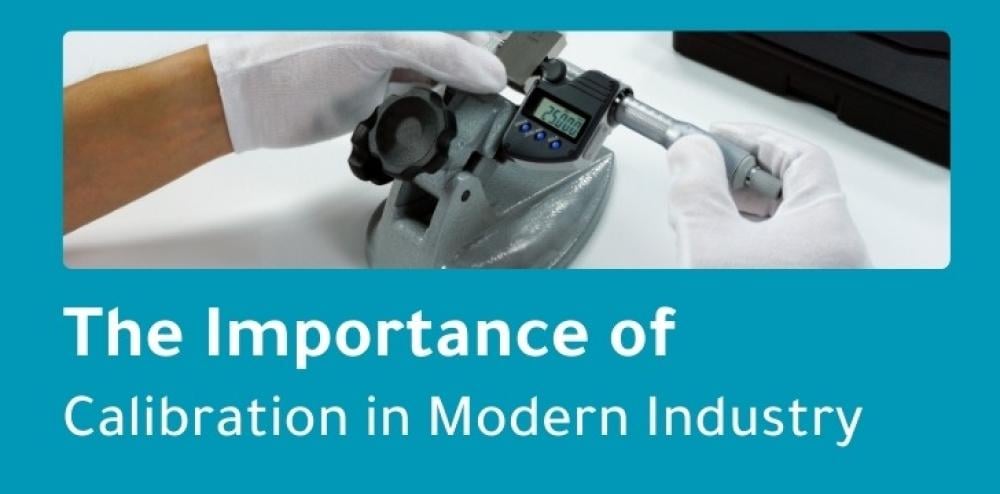The Importance of Calibration in Modern Industry
Calibration is a critical process that ensures the accuracy and reliability of measurement instruments and equipment. In today’s fast-paced industrial landscape, precision is paramount. Any discrepancies in measurements can lead to significant financial losses, safety hazards, and compromised quality. This article delves into the importance of calibration, its benefits, and why partnering with global agencies can enhance your company's calibration solutions.
What is Calibration?
Calibration is the process of comparing a measurement instrument to a known standard to determine its accuracy. This involves adjusting the instrument to align with the standard, ensuring that it provides precise and consistent results. Commonly calibrated instruments include pressure gauges, temperature sensors, and weighing scales.
Why Calibration Matters
- Accuracy and Precision: Accurate measurements are essential for quality control in manufacturing, research, and testing. Calibration ensures that instruments provide reliable data.
- Compliance with Regulations: Many industries are governed by strict regulations that mandate regular calibration of equipment. Compliance not only avoids legal repercussions but also builds trust with customers.
- Cost Efficiency: Regular calibration can prevent costly errors and rework. By ensuring that instruments are functioning correctly, companies can minimize waste and reduce operational costs.
- Safety Assurance: In industries such as pharmaceuticals and food production, accurate measurements are vital for safety. Calibration helps prevent potentially hazardous situations that could arise from faulty equipment.
- Enhanced Productivity: Well-calibrated instruments improve workflow efficiency. When employees can rely on their tools, they can focus on their tasks without the concern of measurement errors.
The Role of Global Agencies
Partnering with global agencies that specialize in calibration solutions can provide several advantages:
- Access to Expertise: Global agencies bring a wealth of knowledge and experience, ensuring that your calibration processes meet international standards.
- Cutting-Edge Technology: These agencies often utilize the latest technology and methodologies, ensuring that your equipment is calibrated using the best practices available.
- Comprehensive Services: Many global agencies offer a wide range of calibration services, covering various industries and instruments. This breadth of service means you can rely on a single partner for all your calibration needs.
- Continuous Support: With global agencies, you receive ongoing support and consultation, helping you stay updated with the latest industry standards and practices.
Conclusion
In conclusion, calibration is an indispensable aspect of modern industrial operations. It ensures accuracy, compliance, and safety while enhancing productivity and cost efficiency. By collaborating with global agencies, your company can leverage expert knowledge and advanced technology to maintain the highest calibration standards. Investing in reliable calibration solutions is not just a regulatory requirement; it is a strategic move that can significantly benefit your organization in the long run.

